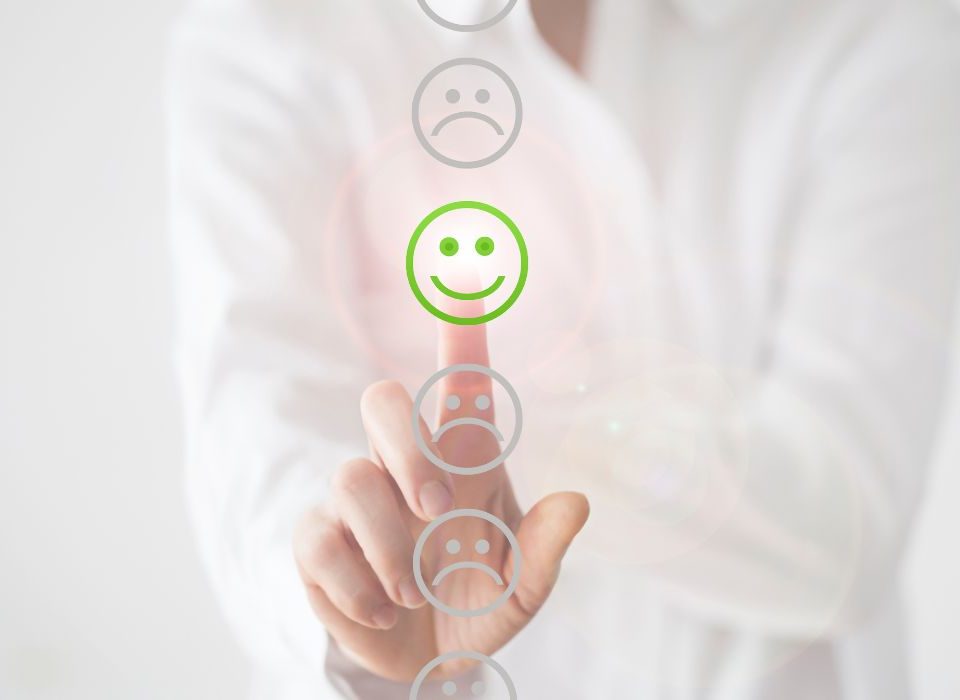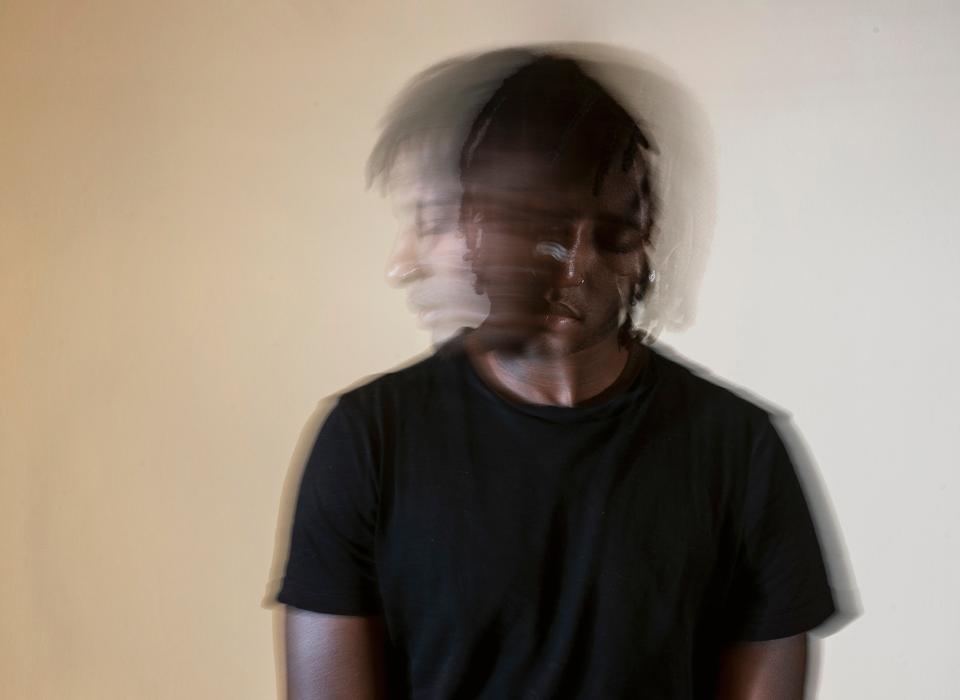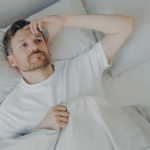
Can Lack of Sleep Cause Panic Attacks? Exploring the Connection
March 5, 2025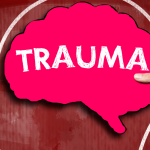
What Is a Trauma Response? Understanding the Body and Mind’s Reaction to Trauma
March 19, 2025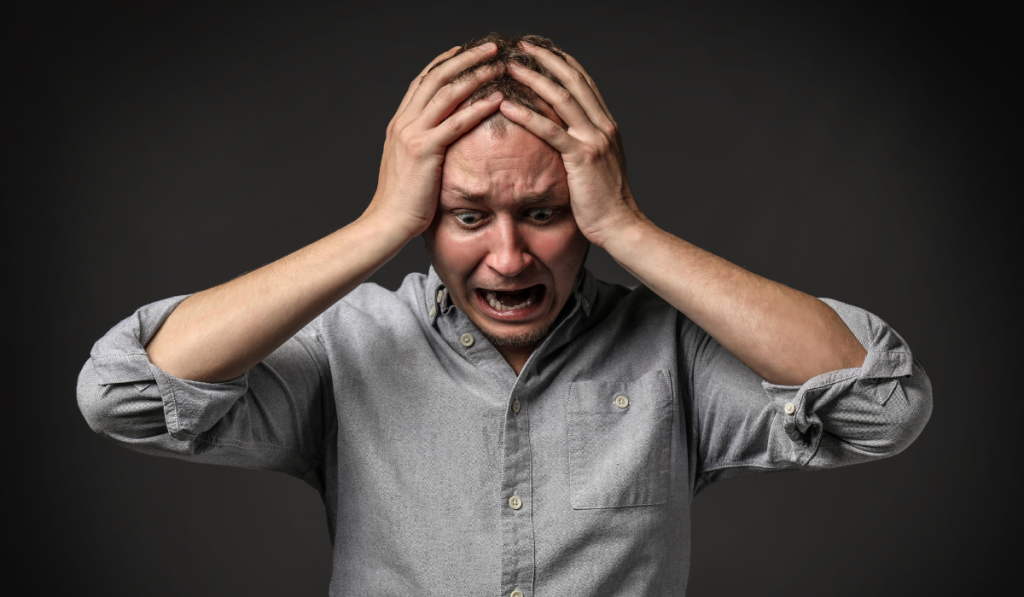
Many people use the terms “anxiety attack” and “panic attack” interchangeably, but they are not the same thing. While both involve intense fear and distress, their causes, symptoms, and treatment approaches can differ significantly. Understanding the difference between anxiety and panic attacks is essential for anyone experiencing these episodes, as it helps determine the best approach to managing them. Let’s explore the similarities and differences between these two conditions, their unique triggers, and how to combat anxiety and panic attacks effectively.
What Are Anxiety Attacks?
Anxiety attacks are episodes of intense worry or distress that usually build up gradually in response to stress or a perceived threat. They are often linked to ongoing anxiety disorders, such as generalized anxiety disorder (GAD) or social anxiety disorder.
Symptoms of Anxiety Attacks:
- Excessive worry and apprehension
- Restlessness or feeling on edge
- Increased heart rate
- Muscle tension
- Difficulty concentrating
- Trouble sleeping
Unlike panic attacks, anxiety attacks do not always have a sudden onset. They tend to develop over time and may last for extended periods, sometimes days or weeks.
What Are Panic Attacks?
Panic attacks, on the other hand, are sudden and intense episodes of fear that reach their peak within minutes. They often occur without warning and may not always have an obvious trigger. Panic attacks are a hallmark symptom of panic disorder but can also happen in people without a diagnosed condition.
Symptoms of Panic Attacks:
- Rapid heart rate or palpitations
- Shortness of breath
- Dizziness or lightheadedness
- Chest pain or discomfort
- Sweating and trembling
- Feeling detached from reality (derealization)
- Fear of losing control or dying
Panic attacks are typically short-lived, lasting 10 to 30 minutes, but their intensity can be overwhelming.
Key Differences Between Anxiety and Panic Attacks
- Onset: Anxiety attacks develop gradually, while panic attacks happen suddenly.
- Duration: Anxiety attacks can persist for long periods, whereas panic attacks are brief but intense.
- Triggers: Anxiety attacks are usually triggered by stressors, while panic attacks may occur unexpectedly.
- Physical Symptoms: Both conditions involve physical symptoms, but panic attacks tend to be more severe and include a sense of impending doom.
- Cognitive Effects: Anxiety is often tied to excessive worry about the future, while panic attacks create an immediate feeling of extreme fear.
Similarities Between Anxiety and Panic Attacks
Despite their differences, anxiety and panic attacks share several standard features:
- Both can cause rapid heartbeat and shortness of breath.
- Both may lead to feelings of fear or dread.
- Both can be triggered by stress or emotional distress.
- Both may be treated using similar therapeutic approaches.
Triggers: Do They Differ?
Anxiety attacks often have identifiable triggers, such as work stress, financial concerns, or social situations. Because anxiety builds over time, individuals can sometimes predict when an episode may occur.
Panic attacks, however, may arise without any apparent trigger. While some people experience panic attacks in response to specific situations (such as phobias), others have them spontaneously, making them harder to anticipate and manage.
How to Combat Anxiety and Panic Attacks
Although anxiety attacks and panic attacks have different characteristics, there are several effective strategies to manage both:
1. Breathing Techniques
Practicing deep breathing exercises can help regulate heart rate and reduce feelings of panic. Try inhaling deeply for four seconds, holding for four seconds, and exhaling for four seconds.
2. Grounding Exercises
Using the 5-4-3-2-1 technique (naming five things you see, four things you touch, three things you hear, two things you smell, and one thing you taste) can help refocus your mind.
3. Cognitive Behavioral Therapy (CBT)
CBT is an evidence-based therapy that helps individuals challenge and reframe negative thoughts, reducing both anxiety and panic symptoms.
4. Medication
Selective serotonin reuptake inhibitors (SSRIs), benzodiazepines, and beta-blockers can help manage severe cases of anxiety and panic disorders. However, medication should be used under the supervision of a healthcare provider.
5. Lifestyle Changes
Regular exercise, a balanced diet, adequate sleep, and mindfulness practices like yoga or meditation can significantly reduce anxiety levels and lower the risk of panic attacks.
Get Help Today
While anxiety attacks and panic attacks share some similarities, they have distinct triggers, symptoms, and durations. Anxiety is often a long-term condition with persistent worry, whereas panic attacks are sudden and intense but short-lived. Recognizing the difference between anxiety and panic attacks is crucial in seeking appropriate treatment and developing effective coping strategies.
By learning how to combat anxiety and panic attacks through therapy, relaxation techniques, and lifestyle changes, individuals can take control of their mental health and improve their quality of life.
_________________________________________________________________________________
Looking for treatment for an eating disorder, anxiety, depression, trauma, or postpartum mood disorder?
Evolve Counseling Services is a specialized team of Licensed Therapists providing treatment in Paoli.


